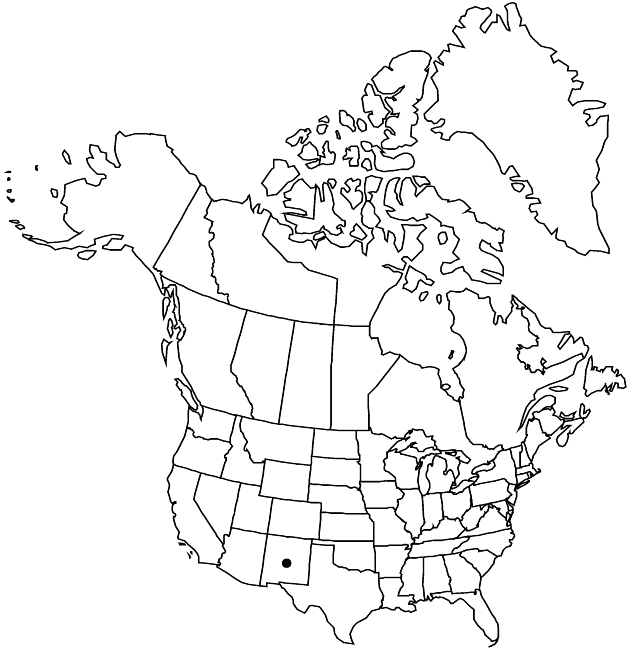Difference between revisions of "Townsendia gypsophila"
Brittonia 46: 194, fig. 2. 1994.
FNA>Volume Importer |
FNA>Volume Importer |
||
| Line 48: | Line 48: | ||
|publication year=1994 | |publication year=1994 | ||
|special status= | |special status= | ||
| − | |source xml=https://jpend@bitbucket.org/aafc-mbb/fna-data-curation.git/src/ | + | |source xml=https://jpend@bitbucket.org/aafc-mbb/fna-data-curation.git/src/f6b125a955440c0872999024f038d74684f65921/coarse_grained_fna_xml/V19-20-21/V20_436.xml |
|tribe=Asteraceae tribe Astereae | |tribe=Asteraceae tribe Astereae | ||
|genus=Townsendia | |genus=Townsendia | ||
Revision as of 18:43, 24 September 2019
Perennials, 2–10 cm (± pulvinate to dendroid). Stems ± erect; inter- nodes 0.1–1+ mm, densely piloso-hirsute to hispidulous (surfaces usually hidden by hairs). Leaves basal and cauline, blades ± spatulate or oblanceolate to linear, 4–9(–25) × 1–2(–3) mm, ± fleshy, ± strigose. Heads ± sessile. Involucres ± hemispheric to campanulate, 3–6 mm diam. Phyllaries 22–26 in 3–4+ series, the longer ± lanceolate, 3–4 mm (l/w = 2.5–5), apices acute, abaxial faces ± strigillose. Ray florets (4–)12–16; corollas white or pinkish adaxially, laminae 3–5+ mm, glabrous abaxially. Disc florets 40–60; corollas 2.5–3+ mm. Cypselae 2–2.5 mm, faces hairy, hair tips glochidiform; pappi persistent; on ray cypselae 12–15 lance-subulate scales 0.1–0.5 mm; on disc cypselae 12–15+ subulate to setiform scales 2.5–3+ mm.
Phenology: Flowering Apr–Sep.
Habitat: Gypsum outcrops
Elevation: 1600–2100 m
Discussion
Of conservation concern.
Selected References
None.
